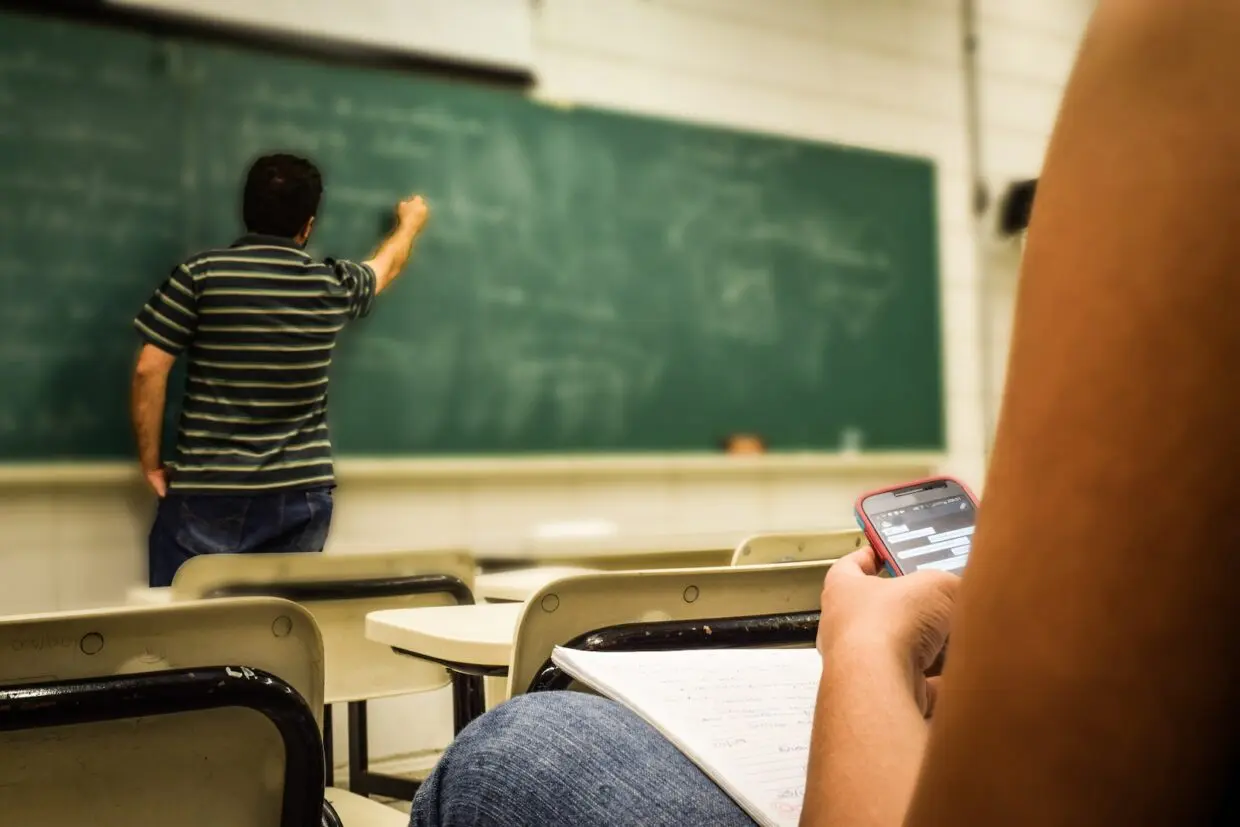In New Zealand, education has been identified as a key area of focus when it comes to addressing social inequalities. Whether it’s poverty, housing or access to public services, a lack of educational attainment can have a big impact on the lives of those living in the country. The education system in New Zealand is relatively well-developed, with a wide range of options available to students.
However, problems remain. There is still a considerable gap between different social groups when it comes to educational attainment, and this has been linked to a range of other issues. It is critical for the future of New Zealand that social inequalities in education are addressed, and that all people can access the same quality of education.
The Gap in Educational Attainment
There are still clear disparities in educational attainment between different social groups in New Zealand. Although overall educational attainment has increased over the years, there are still inequality issues that need to be addressed. In particular, data shows that Māori and Pacific students are more likely to be under-represented in higher education, and that their educational attainment is far lower than other ethnic groups.
It is also the case that those from lower socio-economic backgrounds are more likely to be under-represented in higher education. These trends are a clear indication that the educational system in New Zealand fails to provide equal access and outcomes for all students, regardless of their background.
The Impact of Inequality
The social inequalities in New Zealand’s education system have a range of negative impacts. Those who lack access to quality education are more likely to have poorer employment prospects and lower levels of financial security. They are also more likely to be excluded from certain forms of social participation, such as voting, which can have significant implications for the democratic process.
These inequalities can also lead to differences in educational attainment between generations. As a result, the gap between different social groups can persist and grow over time, creating an even more pronounced divide.
Addressing the Problem
There is a need for a range of measures to be taken in order to address the social inequalities in New Zealand’s education system. These include:
- Increasing Access to Quality Education – Making sure that all people, regardless of their social background, have access to quality education.
- Improving Teacher Training and Support – Investing in the training and support of teachers, to help ensure they are equipped to meet the needs of all students.
Other measures that could be taken include:
- Providing Additional Financial Support – Providing additional financial assistance to those struggling to pay for schooling.
- Improving Access to Technology – Ensuring all students have access to the latest technologies and digital tools.
These measures could help to ensure that all New Zealanders can access the same quality of education, regardless of their background or socio-economic status. It is essential that these measures are implemented in order to promote a fairer and more equitable education system in New Zealand.
The education system in New Zealand is a valuable asset, and it is critical that social inequalities in education are addressed in order to ensure that all New Zealanders can access the same quality of education. Such initiatives could help to reduce poverty, improve employment prospects and promote social inclusion for all.






